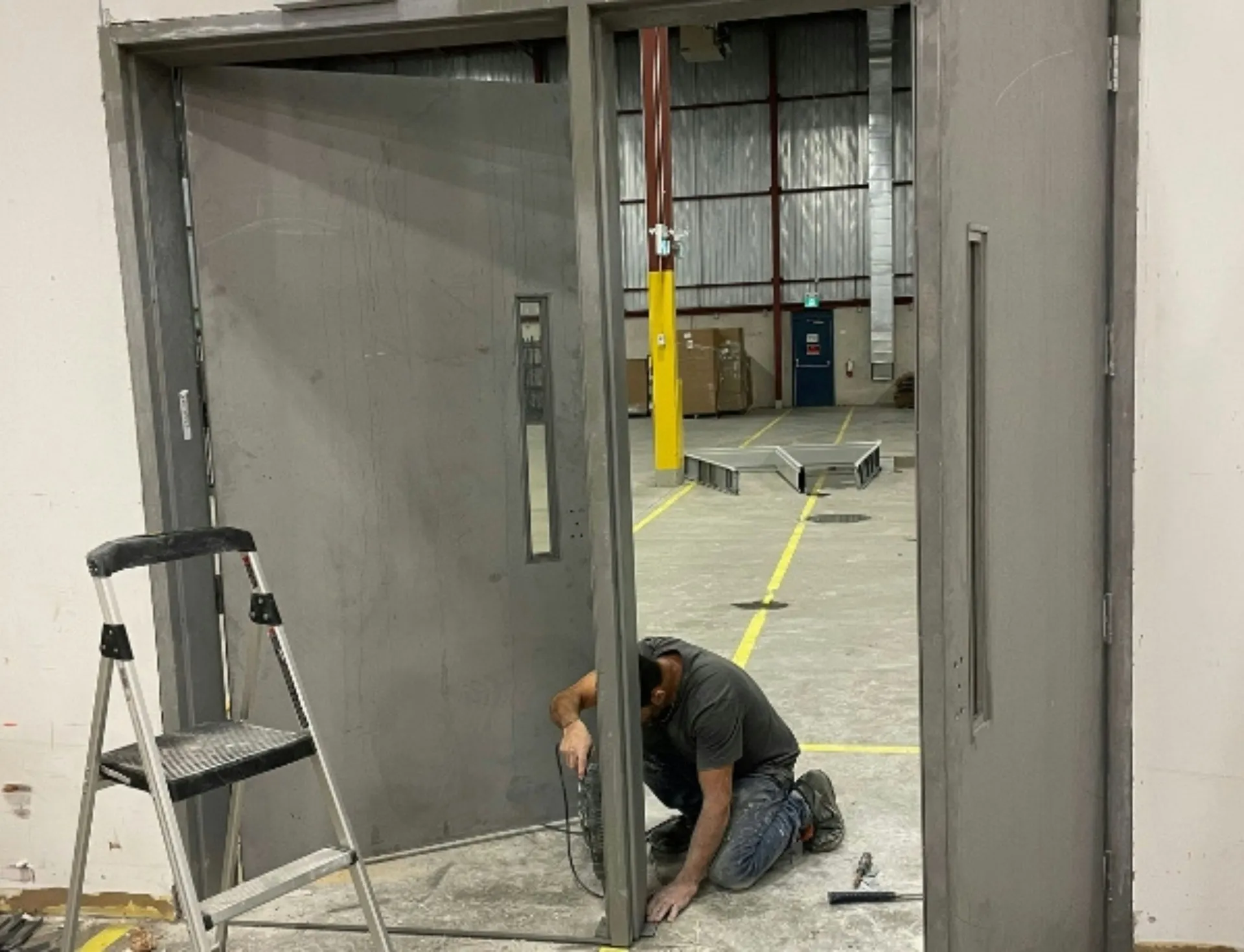Water Leak Detection Near Me: A Master Plumber's Guide to Hiring a Pro
If you’re searching for “water leak detection near me,” you’re likely dealing with a stressful and potentially costly problem. Choosing the right specialist is the most critical step you’ll take. This guide will walk you through exactly how to hire a pro you can trust, saving you time, money, and future headaches.
As a master plumber with over 15 years in the trenches, I’ve seen the expensive aftermath of hiring the wrong person. This guide isn’t a directory of companies; it’s my expert-level hiring checklist to help you find a qualified professional who can pinpoint your leak with precision and minimal disruption.
Key Takeaways
- Specialized Tech is Non-Negotiable: True leak detection pros use advanced tools like acoustic sensors and thermal cameras. Don’t hire someone who just wants to start digging.
- Verify License & Insurance First: This is your primary shield against liability for accidents or further property damage.
- Understand the ‘Find vs. Fix’ Policy: Some companies only locate leaks, while others offer a complete find-and-fix service. Know what you’re getting upfront.
- Get a Written Estimate: Never proceed with work based on a verbal quote. A professional will always provide a detailed, written estimate for the detection process.
First, Confirm the Signs: Do You Have a Hidden Leak?
Before you pick up the phone, it’s worth confirming the subtle clues your home might be giving you. A surprisingly high water bill is often the first red flag, but other signs can confirm your suspicions.
Common Signs of a Hidden Water Leak
If you’re experiencing one or more of these signs, you likely have a hidden leak. The next step is to understand who to call.
Specialist vs. General Plumber: Why It Matters for Leaks
A hidden water leak isn’t a standard plumbing job. While any good plumber can fix a visible leak under a sink, finding one hidden in a wall, foundation, or under your lawn requires specialized skills and, more importantly, specialized equipment.
Here’s an insider tip: when you call a potential company, ask them about their tools. Their answer will tell you everything you need to know.
| Attribute | Leak Detection Specialist | General Plumber |
|---|---|---|
| Primary Tool | Acoustic Sensors, Thermal Cameras, Endoscopes | Wrenches and a hunch |
| Method | Non-invasive detection to pinpoint the source | Often relies on educated guesses, may require exploratory digging |
| Outcome | Precise location, minimal property damage | Potential for unnecessary drywall or concrete removal |
| Cost | Higher initial fee, but lower total cost due to accuracy | Lower initial fee, but can escalate with destructive searching |

The 5-Step Hiring Checklist: How to Hire Like a Pro
Follow these five steps to ensure you hire a qualified, trustworthy professional. I use a similar process myself when vetting subcontractors.
Leak Detection Hiring Checklist
Red Flags to Watch For When Hiring
If you encounter any of these, proceed with extreme caution or simply move on.
- Refuses to provide a written estimate: A professional will always put their quote on paper.
- Demands a large upfront payment: A deposit for materials is one thing, but demanding more than 20-30% of the estimated repair cost upfront is a major red flag.
- Cannot show you proof of license or insurance: If they can’t or won’t provide it, assume they don’t have it.
- Pushes for immediate, destructive investigation: A true specialist will always start with non-invasive methods first. High-pressure tactics are a sign of trouble.
Frequently Asked Questions
Roof leak concerns? If you’re detecting water leaks from above, it might be time to assess your roof’s condition. Use our roof replacement calculator to compare repair vs. replacement costs for your home.

